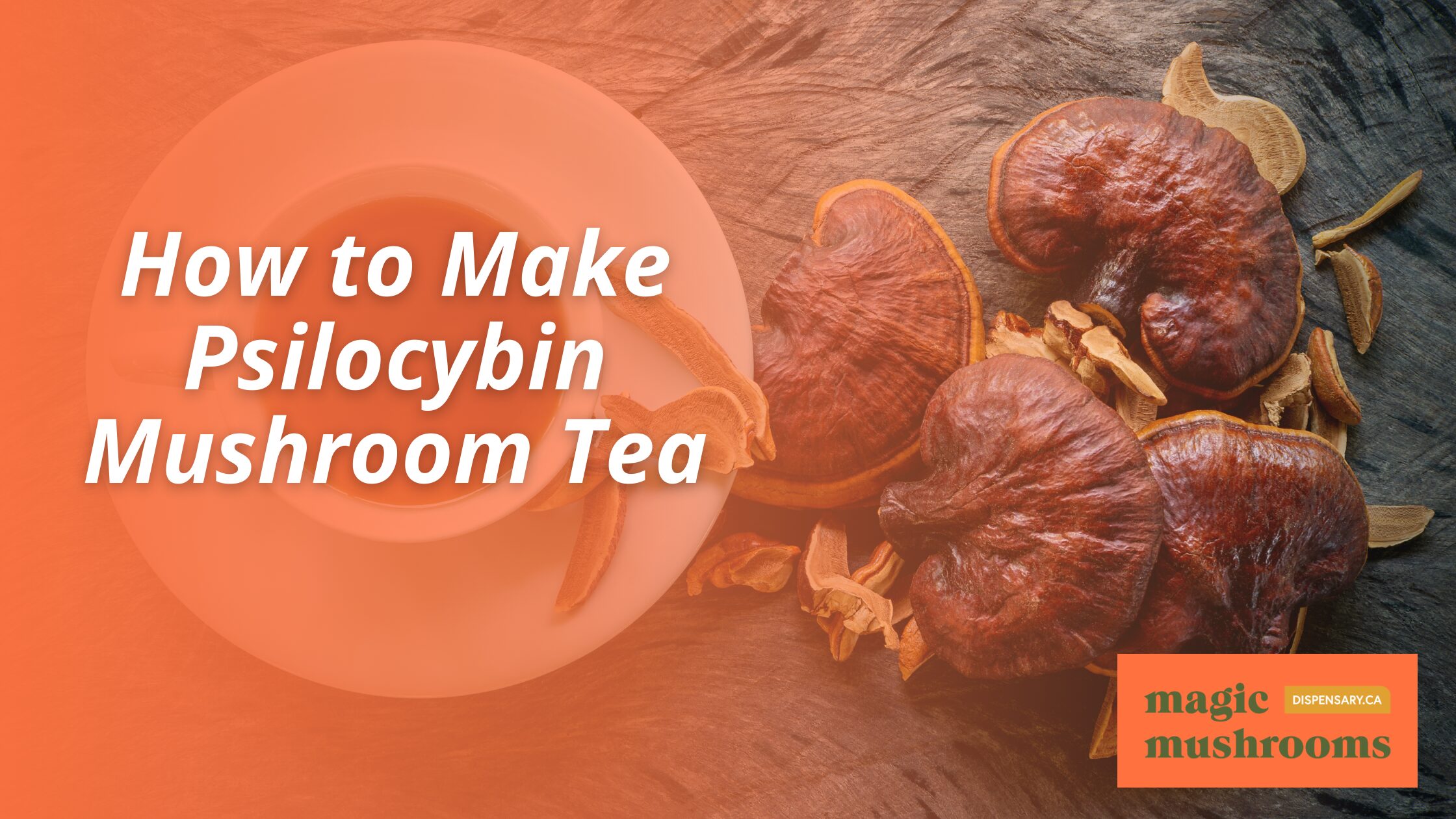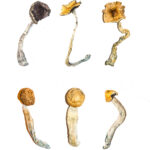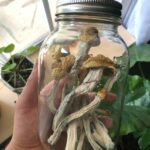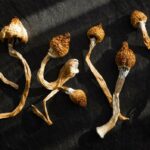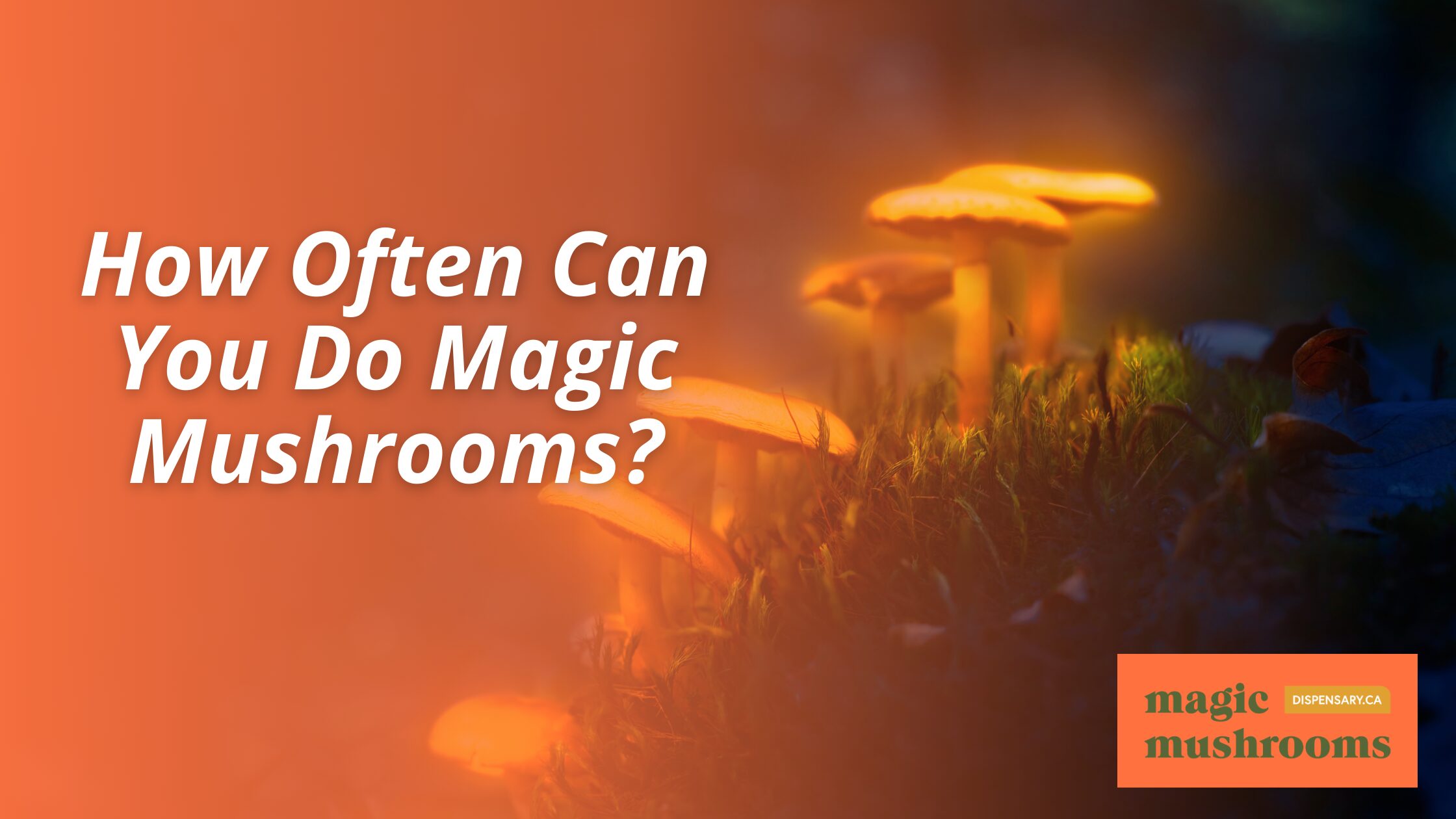
How Often Can You Do Magic Mushrooms?
Magic mushrooms, often called shrooms, have been used for centuries for various purposes, including spiritual rituals and recreation. They contain compounds like psilocybin and psilocin, which can cause significant changes in perception, mood, and consciousness. Understanding how often one can safely use magic mushrooms involves exploring their effects, risks, and the science behind them. Key Takeaways Magic mushrooms can cause hallucinations and altered senses, with effects lasting between 3 to 6 hours. Using them too

